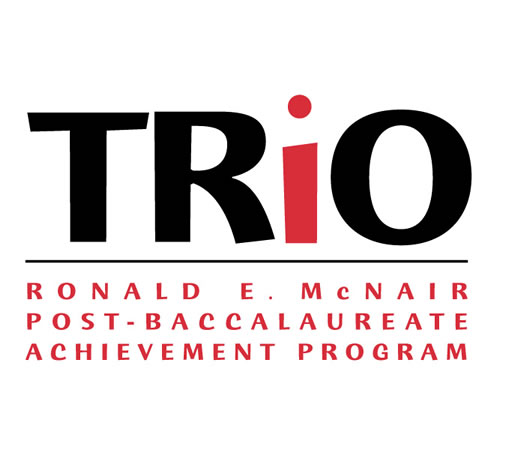Document Type
Poster
Publication Date
2013
Publisher
University of Nevada, Las Vegas; Center for Academic Enrichment and Outreach
Publisher Location
Las Vegas (Nev.)
Abstract
This essay combats elitist academic attitudes assuming that all online content is not reputable and that online communication, specifically txtspk, defiles English. By exploring the tenants of open source and open access, particularly the benefits of free redistribution, online editions of Shakespeare’s plays prove to promote intellectual excellence and transparency, benefitting academics most. Similarly, the belief that txtspk is destroying the English language is a myth because modernizing and shortening words exist in all languages, including the first printed editions of Shakespeare’s canon. Finally, this essay addresses future concerns for online editions such as the copyright barriers over intellectual and artistic material, the necessity of universal design, and the need to recognize privilege and value identity. Terence Eden’s open source project, SHKSPR.mobi, is this essay’s example for discussing academic attitudes toward these concerns. Ultimately this online txtspk edition of Shakespeare’s canon advances rather than redacts academic scholarship.
Keywords
Copyright; English language; Intellectual property; Intellectuals; Open access; Shakespeare; William; 1564-1616; Text messaging (Cell phone systems); Text messages (Cell phone systems)
Disciplines
Arts and Humanities | English Language and Literature
File Format
File Size
1.673 KB
Language
English
Rights
IN COPYRIGHT. For more information about this rights statement, please visit http://rightsstatements.org/vocab/InC/1.0/
Repository Citation
Smith, B. V.,
Nagelhout, E.
(2013).
To Txt, or Not to Txt: SHKSPR.mobi and Academia.
Available at:
https://digitalscholarship.unlv.edu/mcnair_posters/56
